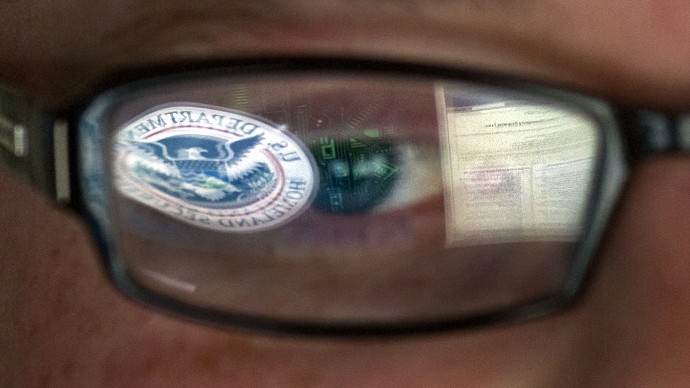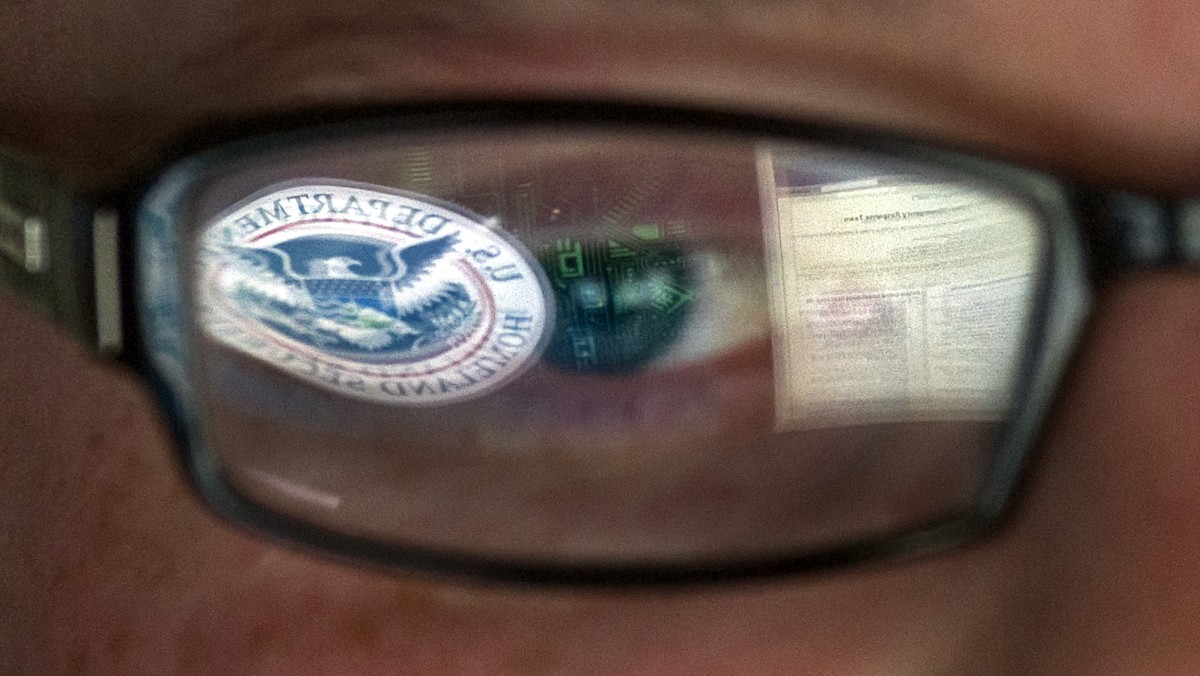
(MintPress) – Since February 2011, the Department of Homeland Security (DHS) has operated a social media surveillance program that targets key words in online posts. Recently, in light of a lawsuit filed by the Electronic Privacy Information Center (EPIC) against the DHS to honor a Freedom of Information Act request, a list containing more than 500 words that could be flagged by the DHS has been released.
While words that could indicate a potential domestic security threat such as “assassination,” “riot” and “dirty bomb” are screened, so are potentially more unassuming words such as “cloud,” “pork” and “smart.”
The DHS, in the release of its Analyst’s Desktop Binder – a manual for the department’s media monitoring – says the measures are needed to “constantly monitor all available open source information with the goal of expeditiously alerting the [National Operations Center] NOC Watch Team and other key Department personnel of emergent situations.”
According to the Daily Mail, the DHS said it is not patrolling the Internet for negative remarks aimed at the United States government, but rather to pinpoint potential terroristic threats. In the released documents, analysts of the media posts are told to search for keywords that point to scenarios of “unfolding natural disasters, public health threats and serious crimes such as mall/school shootings, major drug busts, illegal immigrant busts.”
In the document’s disclosure, however, it is revealed that the DHS is paying a company called General Dynamics to monitor online news and posts with the intention of “identifying [media] reports that reflect adversely on the U.S. Government, DHS, or prevent, protect, respond government activities.”
EPIC also suggests that journalists could be targets of the online surveillance program, as the documents reveal that General Dynamics is instructed to produce “reports on DHS, Components, and other Federal Agencies: positive and negative reports on FEMA, CIA, CBP, ICE, etc. as well as organizations outside the DHS.”
General Dynamics is the fourth largest defense contractor in the world and markets information systems and technology as one of its specialties. The DHS is in an $11 million contract with General Dynamics for its monitoring services, according to the documents.
EPIC has expressed its concern over the practice, saying it is a violation of the First Amendment and the Privacy Act of 1974. The Privacy Act of 1974 states, “No agency shall disclose any record which is contained in a system of records by any means of communication to any person, or to another agency, except pursuant to a written request by, or with the prior written consent of, the individual to whom the record pertains …”
In a February 22 letter submitted to Congress, EPIC said the DHS has not given notice that its social media monitoring is warranted.
“The agency has demonstrated no legal basis for its social network and media monitoring program, which threatens important free speech and expression rights,” EPIC wrote.
In an editorial for CNN, former attorney Dean Obeidallah said it is hard to challenge the legalities of privacy expectations on social networking sites, as they are considered a public forum. He did, however, express concern of the tactics used.
“As a former attorney, I am fully aware that you have little grounds to claim that your postings on Facebook and Twitter have an expectation of privacy. Social media is almost the equivalent of speaking loudly at a crowded party – people beyond your intended recipients will hear your words,” Obeidallah wrote. “However, putting the legality issues aside, we should be concerned the government is engaged in the wholesale monitoring of our social-media streams. This program is akin to the Chinese government’s monitoring of the Internet. Our government must not emulate an authoritarian regime.”
In the United Kingdom, similar legislation was proposed this spring that would expand public monitoring to email and social media platforms. Like the U.S., the UK says the monitoring is a key tool in combating domestic risks and potential terrorist plots. But echoes of America’s concerns over civil liberties also ring true in Britain, as David Davies, a former opponent to Prime Minister David Cameron, has said the widespread scope of the surveillance is too intrusive.
“It is not focusing on terrorists or on criminals, it is absolutely everybody,” Davies said. “Historically, governments have been kept out of our private lives. Our freedom and privacy has been protected by using the courts by saying, ‘If you want to intercept, if you want to look at something, fine, if it is a terrorist or a criminal go and ask a magistrate and you’ll get your approval’. You shouldn’t go beyond that in a decent, civilized society but that is what is being proposed.”


